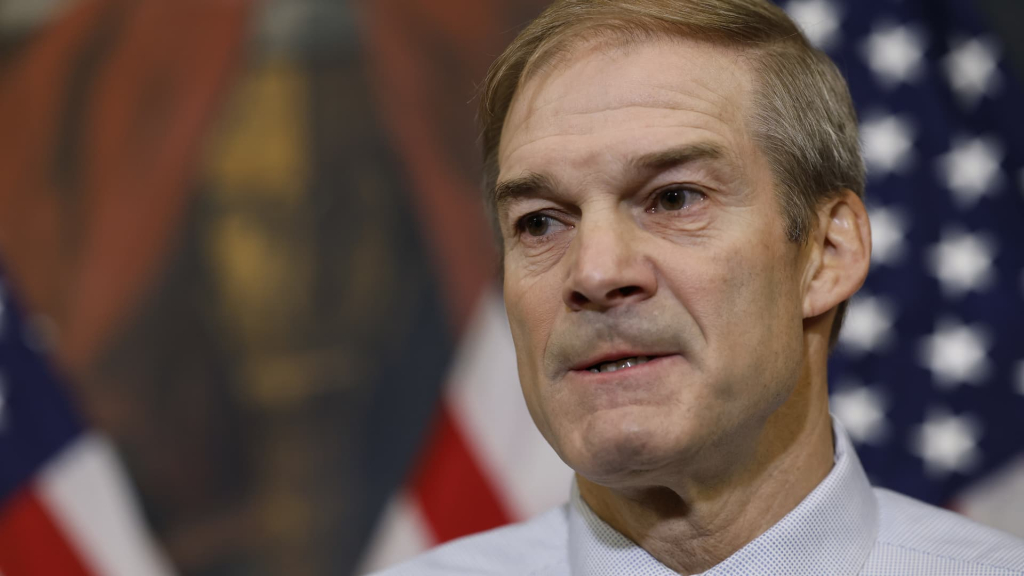On Tuesday, the House Judiciary Committee served subpoenas to both Brown University and the University of Pennsylvania, seeking additional documents related to a continuing investigation into suspected antitrust infringements concerning Ivy League tuition and financial aid practices.
This latest action follows a similar subpoena issued to Harvard University last week.
In April, the committee had previously sent letters to Brown, Penn, and Harvard, along with five other Ivy League institutions, requesting a comprehensive range of documents and records.
The other five universities yet to receive subpoenas are Dartmouth University, Princeton University, Columbia University, Cornell University, and Yale University. It remains uncertain if they will also be subject to subpoenas in the future.
The committee’s investigation centers on whether these Ivy League schools collectively increased tuition fees, which may constitute price-fixing. Additionally, the inquiry examines whether the universities utilized applicants’ financial data to tailor financial aid packages in a manner that maximized their revenue, a practice the committee considers as price discrimination.
In the letters sent on Tuesday, committee chair Rep. Jim Jordan of Ohio, accompanied by subcommittee chair Scott Fitzgerald of Wisconsin, indicated that both Brown’s and Penn’s responses to the committee’s earlier document requests were deemed “inadequate.”
The initial requests outlined 11 specific topics for which the committee sought a six-year history of emails, records, and internal documents from the institutions.
A representative for Brown University told Finance Newso that the institution has “consistently cooperated” with the congressional inquiry. They expressed that the subpoena issued on July 1 was unwarranted given their voluntary compliance but affirmed their commitment to providing the requested information.
Similarly, a representative for the University of Pennsylvania stated that the institution has “promptly and consistently” responded to the committee’s inquiries, having already submitted over 8,000 pages of documents to Congress.
Both institutions have until July 22 to comply with the subpoenas, while Harvard’s deadline is set for July 17.
The committee stated that the information obtained from these subpoenas will contribute to “potential legislative reforms” that Congress is currently contemplating, which include assessing whether existing civil and criminal sanctions and current antitrust law enforcement measures are adequate to prevent anti-competitive practices among higher education institutions.


























